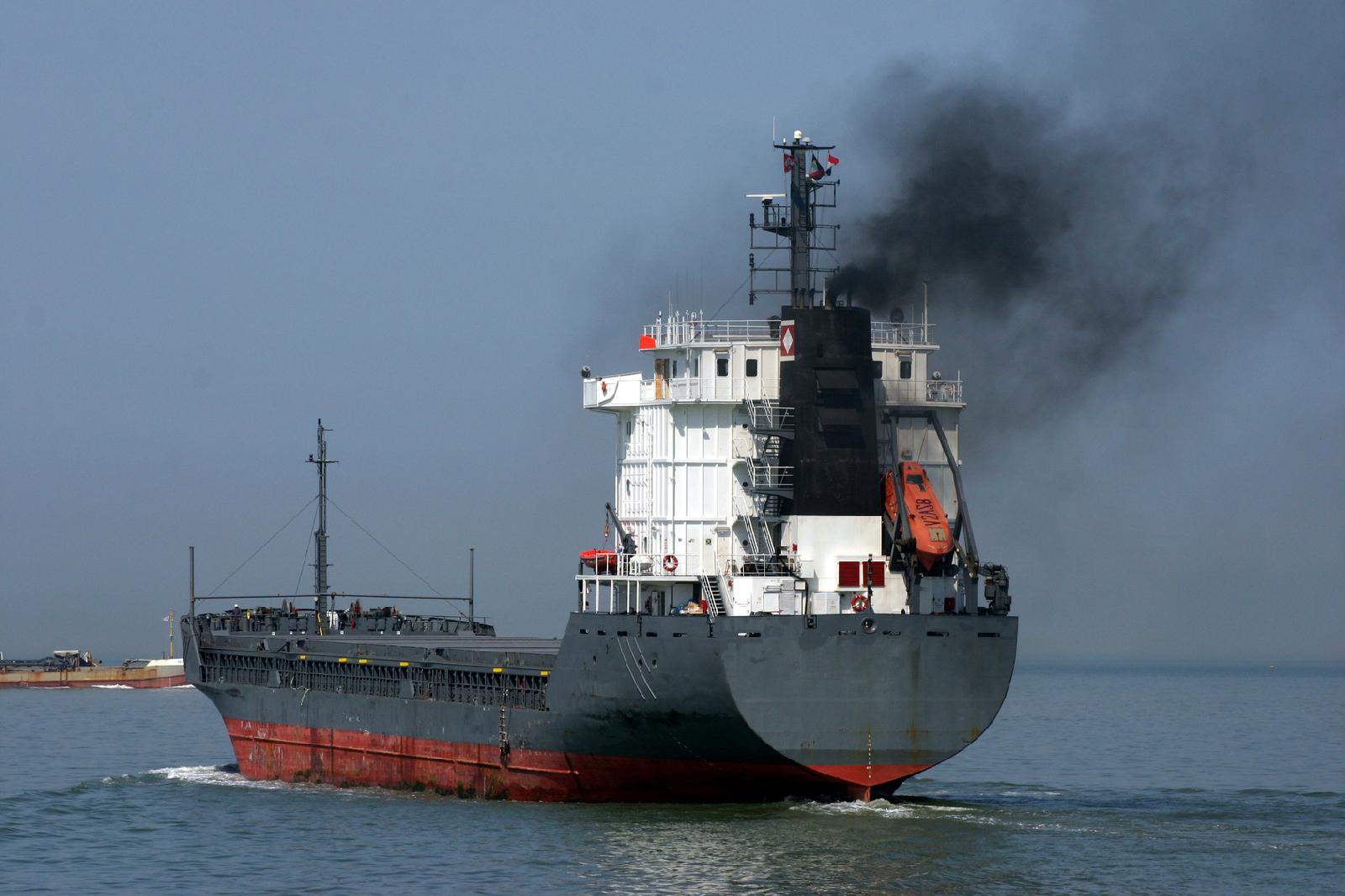The United States has successfully stalled the adoption of the International Maritime Organization’s (IMO) landmark Net-Zero Framework, following a dramatic breakdown of negotiations at the organisation’s London headquarters on Friday, 17 October.
The framework — expected to usher in the first global emissions pricing scheme for international shipping — was deferred for 12 months after intense opposition led by Washington.
Delegates at the extraordinary session of the Marine Environment Protection Committee (MEPC) voted to adjourn further deliberations until late 2026, marking a significant setback for global maritime decarbonisation efforts. The decision followed mounting pressure from the United States, whose officials threatened severe economic and diplomatic consequences for nations supporting the deal.
The IMO’s brief and cautiously worded statement described the outcome as a decision to “continue to work towards consensus” and to reconvene discussions in 12 months’ time.
However, behind closed doors, sources say the session was fraught with tension as U.S. representatives insisted the framework’s global fuel standard and emissions pricing mechanisms would “unfairly penalise American energy producers and shipping interests.”
Several delegates described a “hostile diplomatic atmosphere”, with reports emerging that the U.S. administration had warned of possible sanctions and visa restrictions against officials and governments backing the proposal.
These threats, according to multiple diplomats familiar with the talks, prompted several developing and smaller maritime nations to withdraw their initial support for the framework, citing fears of economic retaliation.
President Trump, who returned to the White House earlier this year, has repeatedly criticised international climate accords, calling them “globalist schemes designed to hurt American workers.”
In the weeks leading up to the London meeting, the administration mounted a coordinated campaign to undermine the IMO’s push for mandatory global decarbonisation targets for shipping — one of the last major industries without binding emissions limits.
In a statement issued from Washington on Thursday, the U.S. Department of Commerce warned that “any measure imposing discriminatory costs on U.S. shipping or fuel sectors will be met with reciprocal action.”
Several U.S. lawmakers close to the administration also called for “reconsideration” of the country’s membership in the IMO if the framework were adopted in its current form.
Trump himself, speaking at a campaign rally in Houston, claimed the proposal would “hand over control of American ships to foreign bureaucrats” and vowed to “protect U.S. sovereignty at sea.”
The deferral has been met with deep frustration from environmental groups and European governments, many of whom had viewed the IMO’s Net-Zero Framework as a critical step toward aligning global shipping with the Paris Agreement goals.
The framework, drafted as a new chapter of MARPOL Annex VI, would have introduced a global fuel standard and a greenhouse gas (GHG) emissions pricing mechanism — measures aimed at achieving net-zero emissions from ships by 2050.
Analysts warn that the delay could undermine investor confidence in the maritime sector’s energy transition and stall progress on cleaner fuel technologies.
European Union representatives expressed disappointment but vowed to continue pursuing regional decarbonisation measures.
In its official communiqué, the IMO confirmed that while the extraordinary session had been adjourned, the Intersessional Working Group on the Reduction of Greenhouse Gas Emissions from Ships — scheduled for 20 to 24 October — will proceed to refine implementation guidelines.
The organisation reiterated its commitment to consensus-based decision-making among its 175 Member States.
Observers, however, say the postponement highlights a growing geopolitical divide within the IMO, with developing nations caught between Western climate ambitions and U.S. economic leverage.
